Whoever came up with the wise saying that Nigerian politics is dirty deserves an award for perspicacity. I have just returned from that dirtied, muddled up, confused, uncertain, unpredictable zone of Nigerian life and society with truck loads of stories in my head and enough impressions in my mind to last me another life-time. As you may be aware, I was Deputy Governorship candidate of the People’s Democratic Party (PDP) in the just concluded 2019 general elections in Ogun State. It was quite an experience.
Before now, I had followed President Goodluck Jonathan to every nook and cranny of Nigeria during the 2015 Presidential campaign. I also served previously as a member of the Governing Council of Olabisi Onabanjo University (2003- 2007), member of the Board of Lagos State Security Trust Fund (2007 – 2011), and Official Presidential Spokesperson (2011 -2015). But I can tell you that the major lesson I have learnt in the last few months is that there is a serious difference between theory and practice in Nigerian politics. The reality of Nigerian politics puts a lie to what they teach us in Grad school, in all those seminars we attend across the world and what we experience as political appointees. Nigerian politics does not follow the rule book, the theories or what the book-makers say. This thing we call democracy, which Nigeria returned to in 1999, after mass protest and frustration with military rule, is not exactly the same democracy that they have in either the United Kingdom or the United States. Professional scholars of the subject may need to embark on a closer interrogation of a special sub-set called Nigerian democracy. Its features, post-1999, are unique.
I have before now written about the violence that we encountered. In one piece, I reported how we narrowly escaped death and killing in Sagamu and how our campaign vehicles were vandalized. We later took the matter to the police and the Magistrate Court. We are still in court. On another occasion, in Abeokuta, after visiting the Hausa community in Abeokuta North, some of our vehicles were again vandalized. I didn’t even bother to report the incident. By then, violence had become the new normal not just in Ogun State but across the country. With reports of persons being killed in Rivers sate, gunshots in Lagos and mayhem in some other parts of the country, it would have been foolhardy to whine about broken vehicle windscreens.
But we eventually had our real taste of violence when we visited Itori in Ewekoro Local Government just two days before the election. We went to see the Olu of Itori and his chiefs and the people of Itori to solicit for support. It was like going to the Lion’s Den. We had a good meeting; everyone was civil. Indeed, everything went well until area boys took over the streets and started attacking the Oba’s palace with stones and other weapons. We were told to ignore them and the meeting went on, but as time passed and dusk descended, the same people who had told us not to bother, started advising us to hurry up and leave the community. We learnt that Itori and the entire Ewekoro Local Government is Governor Ibikunle Amosun’s stronghold. The previous day, we were told, members of the All Progressives Congress (APC) were not even allowed to campaign in the community. They were chased away with a volley of bullets.
Advertisement
This time, we were better prepared. Our security men went after the Itori hoodlums. They chased them into streets and disarmed them. They also launched a rainfall of gunshots. The Itori boys ran when they faced superior fire power unleashed by a combination of policemen, Civil Defence forces, vigilante groups and the OPC. The Vigilante men were valiant. They dared the hoodlums. They overpowered them and seized their weapons. Axes and guns. One look at the kind of axes that had been arrayed against us, a decent person is likely to faint! We left that community surrounded by a combined team of courageous men who led us to safety. I thought I was somewhere in Syria. When I got home, I could not sleep. My feet were hurting as if someone had set them on fire. I had body ache. My heart was palpitating. It was as if someone was playing a rhythm of gunshots in my head. I had to ask Wale and Egunje to go and help me buy Lexotan tablets. When they got to the pharmacy, they were told that Lexotan is a prescription drug and that a doctor’s prescription would be required. I don’t know how they managed the situation, but they brought a tablet which helped to calm my nerves and I slept. At that point, I lost interest in the campaign. I kept seeing images of a shining axe. It was the kind of axe that would break any bone.
Decent and serious-minded persons would continue to avoid Nigerian politics if we do not curb the menace of violence. Should decent persons summon the courage to go into politics, they too may help to deepen the culture of violence in an attempt to protect themselves. The first thing a Nigerian politician considers is how to come out of the process alive. In this last elections, persons were killed in Rivers. Oyo State became a hotbed of reprisal killing. Properties were destroyed in Kano… Yakubu Mahmood, the Chairman of INEC is not in a position to say that he did a good job. On March 9, the people were so scared and disappointed, they didn’t even bother to turn out in large numbers. The international community is relieved that in spite of everything, Nigeria, West Africa’s most strategic country, did not implode. I get the impression that Nigerians themselves are calm because the worst that they expected did not happen. They are glad to still have a country.
I have also learnt that Nigerian politics is all about money. You can talk about poverty index on television and in writing and quote those figures from the usual sources, but when you go onto the field of politics, you are bound to confront the reality of the poverty that has turned the Nigerian electorate into an endless community of beggars and cynics. The tragedy of Nigeria is the impoverishment of the people and the total collapse of values and dignity. Everywhere I went, people begged for money. They were not interested in policy documents, or campaign leaflets or gift items. They just wanted cash, raw cash. I ran into hordes of young men who earn a living by belonging to neighbourhood gangs and cults. They are not interested in any talk about development and progress, many of them are college graduates by the way, they just want money to buy “drink and smoke.”
Advertisement
The Nigerian political elite, the professional wing that is, has over the years destroyed this country. The political field is peopled by hypocrites who exploit the people’s poverty. The people themselves have become dangerously cynical. When we campaigned on the streets and gave exercise books to mothers and their children, we were told: “Ko si owo, ko si ibo” – “no money, no vote.” Nobody was interested in exercise books! If people said as much as hello, they wanted you to pay for it. There were endless requests for mobilization fees, transformers, vehicles and all kinds of things. Two days to the election, the situation became almost unmanageable. I was asked to pick up bills at drinking joints. People stopped by and asked for money to “enjoy the rest of the evening”. Others came with requests for money to pay hospital fees, to take care of a newly born baby, to bury a relative, or to make a girlfriend happy. One political associate told me that every request was valid because as far as the Nigerian people are concerned, only a thief goes into politics and it is better to “take their own share” before the election.
The real problem with Nigerian democracy must be the people themselves. I don’t yet have the the full picture in other parts of the country, other than Oyo State where the people seem to have voted according to their conscience. They taught Governor Abiola Ajimobi a lesson. They made it clear to him that careless talk is not a virtue in politics and that arrogance has serious consequences. But in some other parts of the country, like Ogun and Lagos states, money played a major role. The people collected money. They voted according to the size of their greed. If you don’t have money to throw away and close your eyes while doing so, may be you should never venture into Nigerian politics as it is today. I get the impression that the people do not trust their political leaders and the politicians. There may be slight differences here and there in terms of this affective and cognitive immersion in the Nigerian political process, but for the most part, the people believe that all politicians are the same. I was shocked by the level and size of cynicism that I saw.
Going forward, Nigeria must address the crisis of campaign funding and finance. One Governor went on radio to boast that he will spend N7 billion to impose his candidate of choice on a state. The monthly Internally Generated Revenue (IGR) of the state in question is N7 billion. Nobody has taken up the issue. Similar acts of brazen silliness have been reported across the country. Going forward, we also need to worry more about the leadership recruitment process. It must be possible for Nigerian democracy to accommodate and promote the best, those who are willing to serve, and who believe in Nigeria and higher causes.
I also learnt many lessons about the psychology of Nigerian politics. I re-discovered our people and environment. I got a first-hand exposure to Nigerian politics, not as an observer-analyst but as a direct participant. I am better prepared for the future, and I have more than enough stories to tell. I want to thank Senator Buruji Kashamu for giving me the opportunity of this field experience and for his down-to-earth-ness, his sincerity, wisdom and the leadership that he provided. We fought hard in the courts to keep the ticket and we prevailed in the end. The PDP betrayed us up till the last minute but we are comforted that we stood for the truth and for justice. Senator Buruji Kashamu has since congratulated Prince Dapo Abiodun, the Ogun State Governor-elect. He has also visited him at home in Iperu-Remo. Dapo Abiodun has a duty and a responsibility to run an inclusive government that will address the interest of all the people of Ogun State. He should resist the temptation to be an Ijebu or APC Governor. I want to thank all the friends, family members and associates who supported me and stood by me. I am grateful to every member of our political family who devoted their time, energy and resources to the campaign. I also want to thank all the people who did their best to discourage me, and the professional trolls, haters and grumblers who have sent messages to mock me. I don’t feel discouraged. I believe Nigerian politics can be upgraded and rescued if we all summon the courage to get involved in it. We did not lose. We won in losing. That is the paradox of this experience and of the future that is to come.
Advertisement
If I felt any sense of loss at all, the morning after, it was in fact, the shocking report of the death of Pius Adesanmi, Professor of English and African Studies at Carleton University, Canada, in the ill-fated Boeing 737 Max 8 aircraft that crashed a few minutes after taking off from Bole International Airport in Addis Ababa, Ethiopia.
Pius was a member of our community, and he was one of the best and the brightest. He wielded a sparkling, lyrical and polemical pen which he deployed with the ease and confidence of a well-cultured intellectual. I was his fan. I enjoyed reading him because it was not difficult to see that his talent was original and that his intellect was solid and that the respect and admiration that he enjoyed was well deserved. He criticized me on many occasions but he was that kind of critic that left enough room for your dignity. I read many of his comments on my choices and interventions without feeling diminished. Why do bad things happen to good people? Why do flowers wither? Why Claude Ake? Why Pius Adesanmi? Ethiopian Airline has the best and the largest fleet in Africa. And now this… But who are we to question the Master Builder, the Great Architect Of The Universe who in one breath creates and in another breath, astounds us with the unexpected? Pius Adesanmi made his mark. If he were here, he would have had a lot more to say about the just concluded Nigerian elections. He was a significant public affairs commentator and a credible voice on all platforms. He was right: Nigeria remains, as he put it, “a nation in progress.” His death is a sad loss to the intellectual community.
1 comments
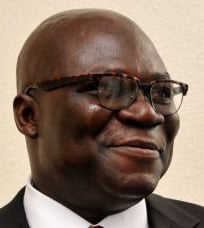
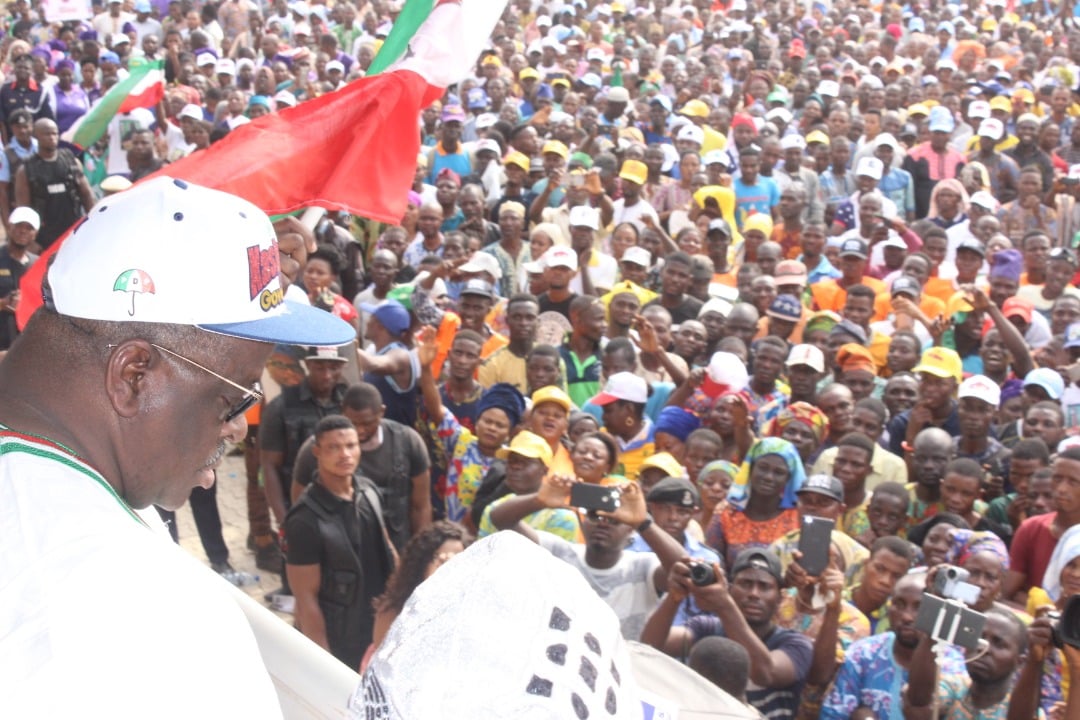

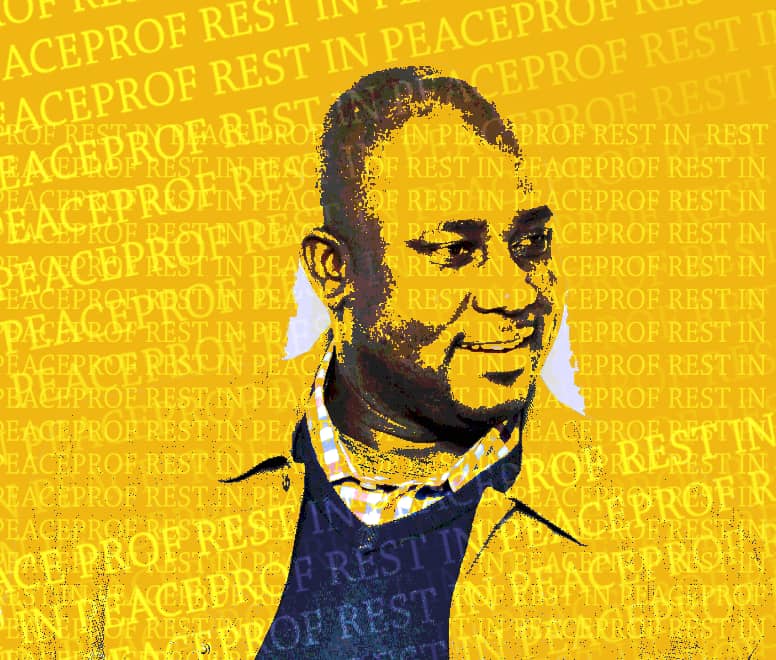
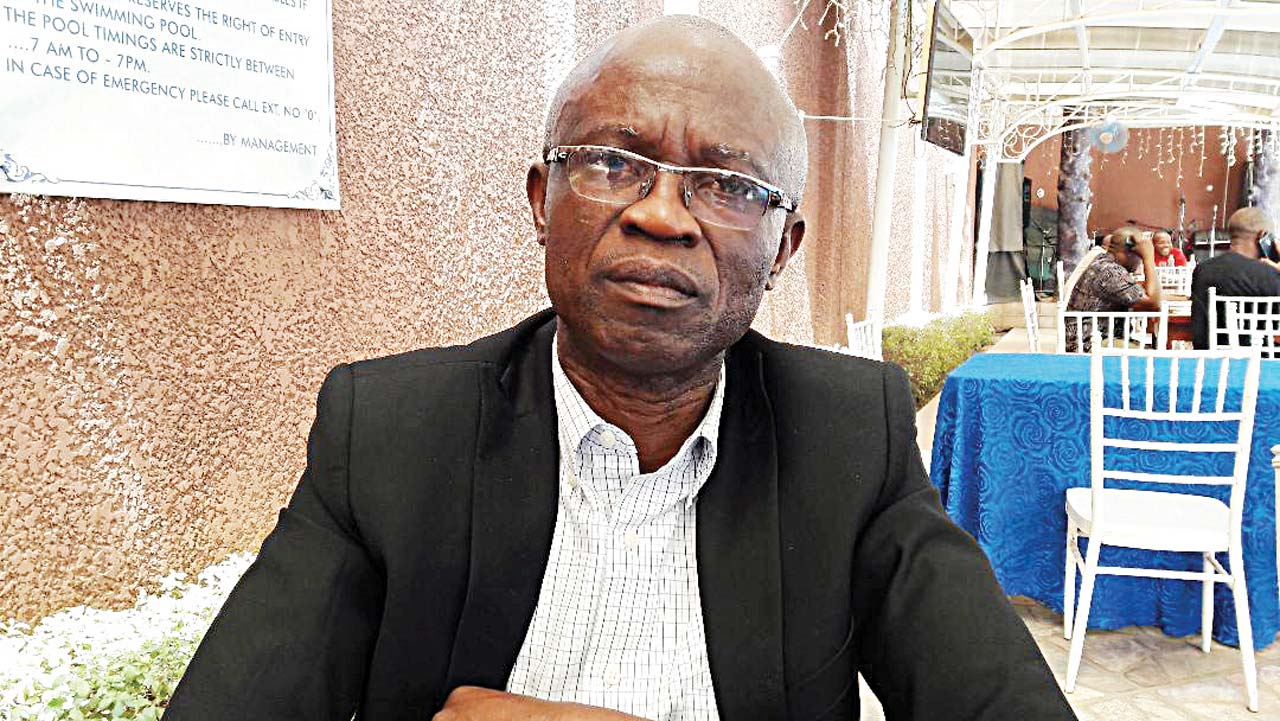
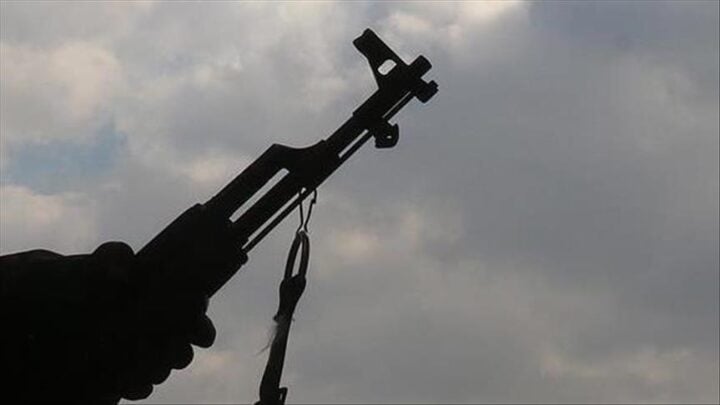
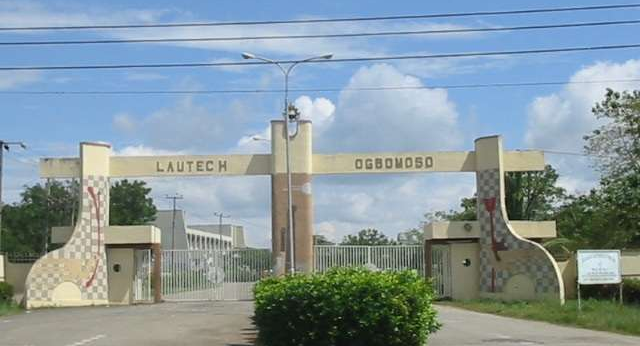
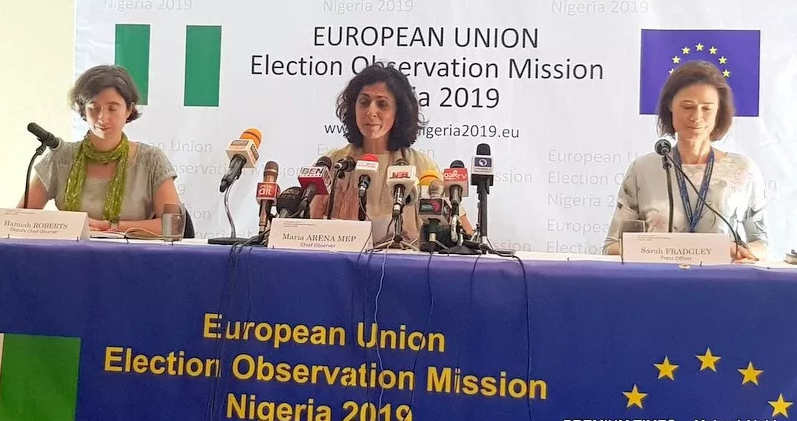
Dr R Abati, am a big fan and was elated and happy fpr people of ogun state for having a good deputy governor coming in. You are an enigma, a lion,you are a what a state or the nation needs in governance. But the rogues in our nation and our politics denied the people an opportunity for a better. Its is well, and like we say here in the US, it is what it is. I believe better days are ahead of us. Nigeria must be better, will be better….
Welcome back and with your life intact. Looking forward to your ever refreshing column